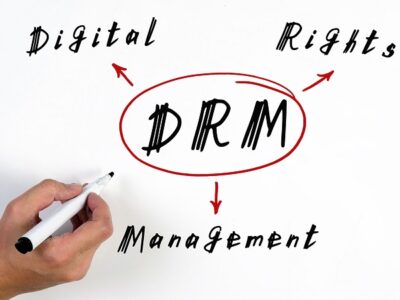Many of us are battling to help make the most effective decisions during these unparalleled economic occasions, torn between short-term budget decisions and lengthy-term growth. The Marketing Science Institute (MSI) lately collected some their working papers to determine which guidance they might provide to marketers. Based on Russ Winer, Executive Director of MSI, “While firms are frequently enticed to lower their marketing expenses to improve profitability, these studies claim that this isn’t always a great way. For instance, short-term gains in profits will come at the fee for lengthy-term gains in loyalty and gratification. Generally, the authors discover that going against conventional knowledge could possibly be the best strategy to use in recessionary periods.”
MSI reported all six of these guidelines for marketing throughout an downturn in the economy.
1. Possess a lengthy view
Managers have more pressure than normal to chop marketing along with other expenses to be able to inflate current-term earnings and stock cost. Studies have proven, however, that myopic marketing management includes a harmful lengthy-term effect on firm value with lengthy-term stock returns which are considerably less than other firms.
2. Market marketing
Remember and communicate the important thing factors that drive marketing’s influence within the organization: (1) demonstrating marketing productivity, (2) “marketing” marketing being an investment no expense, and (3) emphasizing marketing’s role in building and looking after brands, and thru these brands, building lengthy-term customer loyalty.
3. Create client satisfaction, retention and loyalty
Inside a resource-restricted atmosphere, service companies have to target their quality improvement efforts, without undue regard for financial savings. Studies have shown that firms that concentrate on satisfaction and retention to develop revenues perform much better than individuals which try to pay attention to cost reduction.
4. Build brands
Consumers change to private labels during economic downturns quicker than they go back to national brands once the economy improves. Due to this longer-term positive impact on private-label demand following a recession, studies have shown that national brand managers should improve their marketing efforts over these periods to mitigate the inroads produced by private labels.
5. Evaluate advertising expenditure
For firms with large advertising expenses, and particularly for consumer and industrial products firms, studies have shown that elevated spending throughout a recession improves firm performance greater than similar spending during non-recessionary periods.
6. Tailor your reaction to your business
Not every firms do or should increase marketing expenses inside a recession. Businesses that convey a proper focus on marketing, come with an entrepreneurial culture, and also have slack sources, as well as the versatility to deploy them are more inclined to improve their marketing activities inside a recession and become effective doing this.
Bear in mind that purchasing marketing research will help you make these decisions and to guarantee the lengthy-term success of the organization. Information aimed toward better making decisions and understanding customer perceptions among the economical turmoil could be a smart decision to protect against miss-steps.











